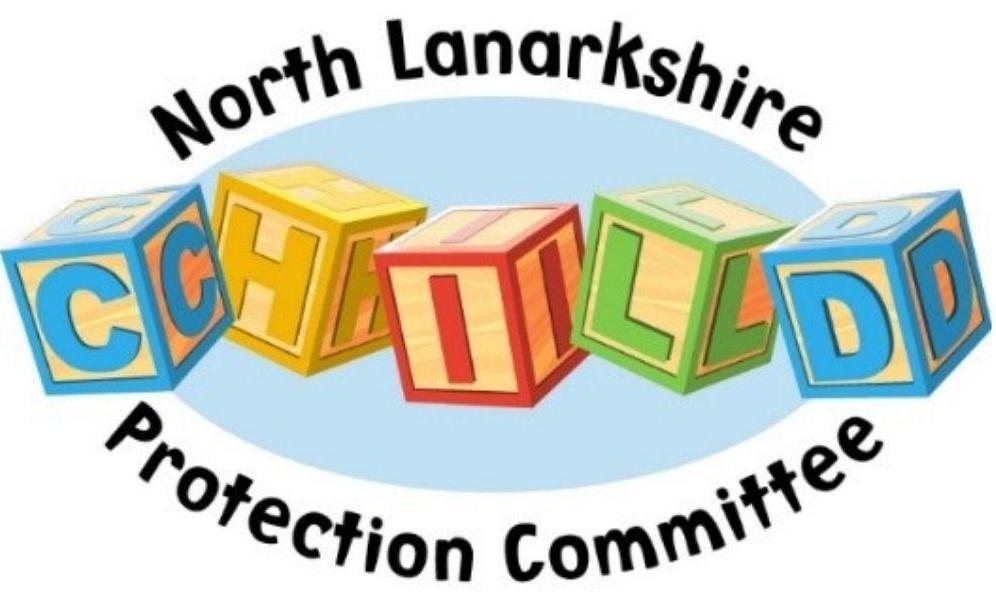This could include challenges about the inter-agency process, decision making and outcomes, challenges by children/young people or their parents/carers about the CPPM decisions or complaints about practitioner behaviour.
Local guidelines (below) set out the mechanisms by which dissent and dispute or complaints will be resolved and decisions approved. The agencies and services involved in child protection work have complaints procedures, which should be followed where there is a complaint about an individual practitioner. Appeals and complaints are very different and must be responded to in different ways.
The Education and Families Manager who chairs the CPPM has the responsibility to discuss in an open and transparent way conflicts of information or opinion, to ensure that they are discussed and resolved where possible. Within the context of CPPM, dissent means disagreement with the decision to register or deregister child.
If agency dissent persists, it must not be allowed to prejudice any child, young person or unborn baby’s safety and welfare, which must remain the paramount consideration. The chairperson must ensure that the precise nature of the agency dissent is recorded and participants advised that this will be considered by the relevant Education and Families Manager. The Education and Families Manager must immediately bring any agency dissent to the attention of the Senior Education and Families Manager in writing and agree a course of action. The Senior Education and Families Manager must respond to the dissenting person and agency, in writing, within 28 days, of the date of the planning meeting.
In respect of registration/deregistration, the child, young person or expectant parent can appeal. Children, young people, pregnant woman and / or family appeals against child protection registration / deregistration. The Education and Families Manager must ensure that the child, young person or expectant parent and family are aware of their right to appeal decisions about registration at the time of the child protection case conference. If, a child, young person or pregnant woman and family wishes to appeal against a particular decision, the decision to register, continue with registration, deregister or not register, they may do so by contacting the Education and Families Manager, in writing, within 5 working days. The lead social worker can assist with this if necessary. The Education and Families Manager must respond fully in writing to the person who made the appeal within 28 days.
If actions are required to ensure the child’s immediate safety, they should be prioritised and progressed without delay. The Chair of the CPPM may decide that:
- The child’s name should be added to the Child Protection Register
- The Child Protection Plan should be developed.
When a practitioner wishes to raise an issue about the process, or disagrees with the CPPM decisions, communication and concerns should be channeled through their agency line management. There should be clearly defined local arrangements for challenging inter-agency CPPM dissent through the use of escalation procedures.
If a parent/carer wishes to challenge the decisions of the CPPM, they should follow processes defined above.
If the complaint is about a specific practitioner, they should follow the relevant agency’s complaints procedures.
Children and young people should have access to guidance that they can understand about how to challenge a decision or make a complaint from any of the practitioners with whom they have contact.

